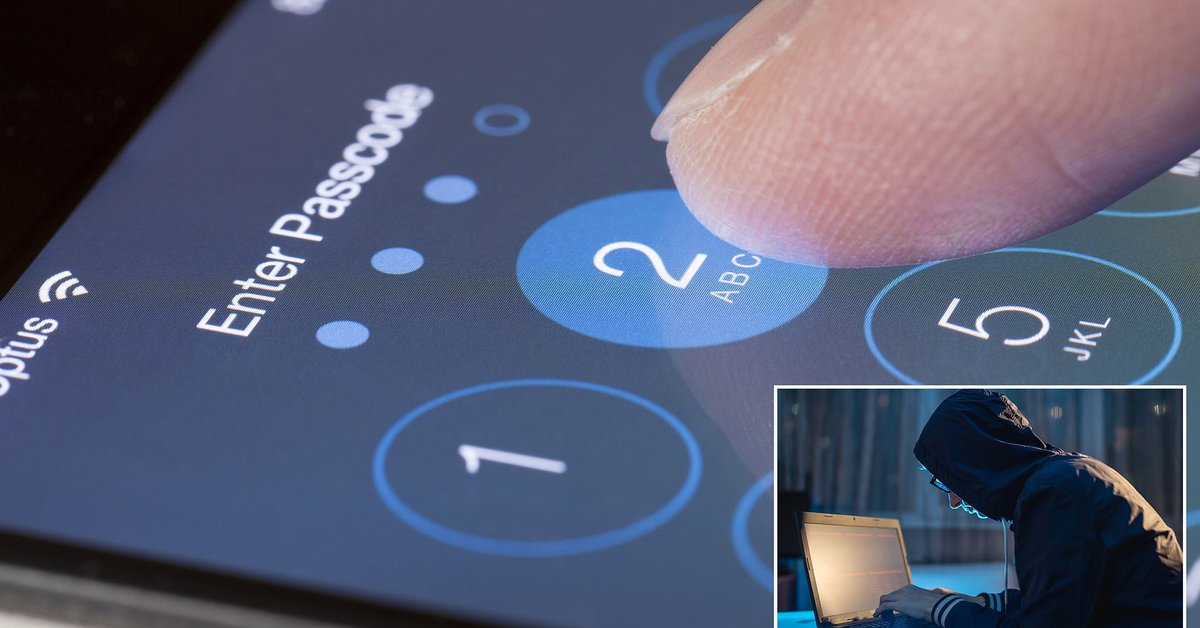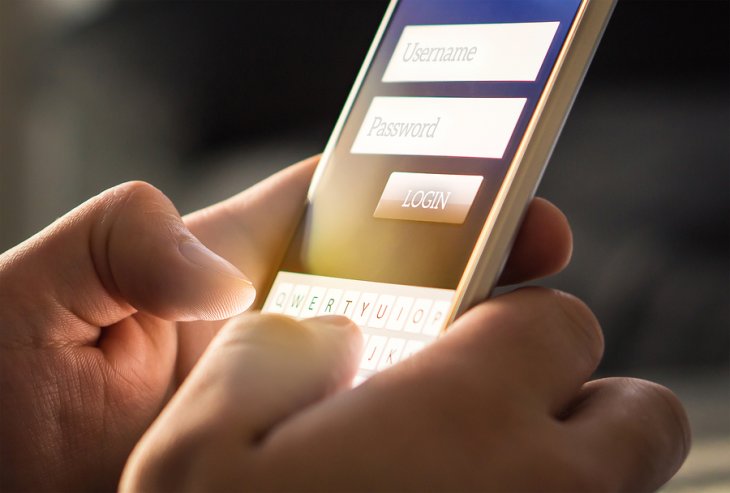Hackers Can Know Your Password By Hearing How You Type On Your Phone
Indira Datta - Jul 13, 2019

Hackers can now know your password through sound waves collected through the microphone on your smartphone.
- Android 17 Beta 1 Now Available for Pixel Devices
- These Are Must-Have Apps For Rooted Android Phones
- Build Your Own App And Earn Money With The Complete Android 11 Developer Bundle
Hackers have always been a concern for many people when using digital devices. They cause attacks with malware that are disguised by codes, active content and scripts to infiltrate systems. Mobile phone pin codes and passwords are the top secret of each individual user as they can secure and keep their personal data and information safe. But now, hackers have a more sophisticated software that allows them to collect other people mobile phone pin codes and password by directly infecting an innate accessory for smartphones.

Through spyware applications on the device, hackers can now decode what users type on their phones. When users use their fingers to type on the smartphone's touch screen, it creates sound waves. Spy applications use the smartphone's microscope to sense those sound waves and collect user data and passwords exactly to the letter. This malware exists passively in your smartphones. Users may have accidentally got them when downloading applications.
This information is disclosed by research at Sweden’s Linköping University and Cambridge University. When the user clicks skip all application access rights, the sound waves created by typing on the phone themselves can be easily decoded. The researchers said:

Researchers have created a machine learning algorithm that can decode the vibrations of specific key combinations to prove its premise. They conducted tests on 45 users using Android phones containing the malware. The participants were asked to enter words and letters on Nexus 9 tablet and LG Nexus 5 smartphone containing this malicious Android application. They entered the password at three different locations in universities with different noise levels, including libraries, reading rooms with computers, large common rooms with an active coffee machine.
Malicious apps have recorded audio through the device's microphone when users enter their password on the phone. Special wave distortions are created in a position where users type the touch screen that will be captured by microphones on their device and thereby come out the text entered on the device.
The study also offers solutions to enhance security and combat attacks like these. Users can install something as same as a microphone switch that allows user to manually turn on and off the microphone on their device or the notification mode flashes every time the microphone is being used in the background by an application.
Featured Stories

Features - Jan 29, 2026
Permanently Deleting Your Instagram Account: A Complete Step-by-Step Tutorial

Features - Jul 01, 2025
What Are The Fastest Passenger Vehicles Ever Created?

Features - Jun 25, 2025
Japan Hydrogen Breakthrough: Scientists Crack the Clean Energy Code with...

ICT News - Jun 25, 2025
AI Intimidation Tactics: CEOs Turn Flawed Technology Into Employee Fear Machine

Review - Jun 25, 2025
Windows 11 Problems: Is Microsoft's "Best" OS Actually Getting Worse?

Features - Jun 22, 2025
Telegram Founder Pavel Durov Plans to Split $14 Billion Fortune Among 106 Children

ICT News - Jun 22, 2025
Neuralink Telepathy Chip Enables Quadriplegic Rob Greiner to Control Games with...

Features - Jun 21, 2025
This Over $100 Bottle Has Nothing But Fresh Air Inside

Features - Jun 18, 2025
Best Mobile VPN Apps for Gaming 2025: Complete Guide

Features - Jun 18, 2025
A Math Formula Tells Us How Long Everything Will Live
Read more

Mobile- Feb 17, 2026
Anticipating the Samsung Galaxy S26 and S26+: Key Rumors and Specs
The Samsung Galaxy S26 series is on the horizon, sparking excitement among tech enthusiasts.

ICT News- Feb 15, 2026
X Platform Poised to Introduce In-App Crypto and Stock Trading Soon
X has been laying the groundwork for this expansion.

Mobile- Feb 16, 2026
Xiaomi Launches Affordable Tracker to Compete with Apple's AirTag
For users tired of ecosystem lock-in or high prices, the Xiaomi Tag represents a compelling, no-frills option that delivers core functionality at a fraction of the cost.
Comments
Sort by Newest | Popular